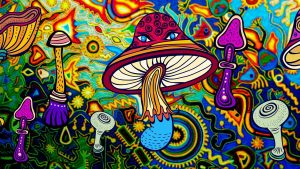Hormones play a role in depression, but hormones don’t account for all the differences between male vs female depression. The differences between male vs female depression could also be cultural factors – what society expects of a man compared to a woman. Then there’s biological factors, inherited traits, life experiences, and gender differences that all contribute to depression.
How depression is different in men than women:
Men:
- men tend not to recognize depression or realize they are depressed.
- will feel depression as “body pains or aches” and try to get those treated instead of looking into mental health.
- a man will often fail to ask for help. The “shrug it off” attitude or “men don’t cry” thinking.
- a man will be careful about who he talks to about his emotions. He’ll open up only to a handful of close family or friends, and he will have to be the one starting the conversation.
- a man will be more angry, irritable, and tired when depressed.
- men show depression in actions: reckless behaviour, gambling, drugs, alcohol, abusive behaviour.
- a man is more likely to be successful when attempting suicide.
Women:
- more willing to recognize depression and admit to being depressed.
- will ask for help quicker than a man and will look into different techniques for dealing with depression.
- a woman is more willing to talk about emotions. A woman will talk about how she feels to a bigger group of people than a man would.
- a woman will feel often feel worthless and guilty.
- a woman may have an eating disorder like anorexia and bulimia.
- a woman is more likely to self-harm.
If you, or someone you know, needs help, contact the National Suicide Prevention Lifeline. In the U.S., call 1-800-273-8255 for the National Suicide Prevention Lifeline.
Find me on twitter@tereziafarkas



